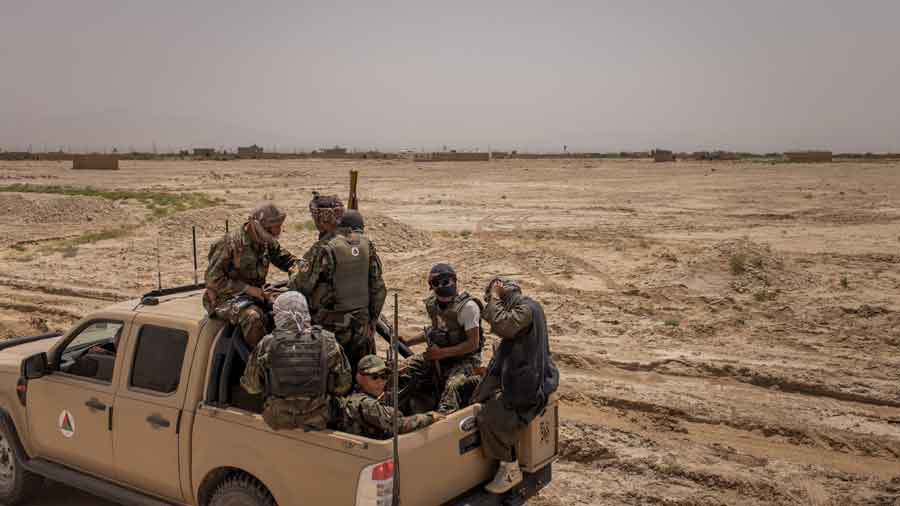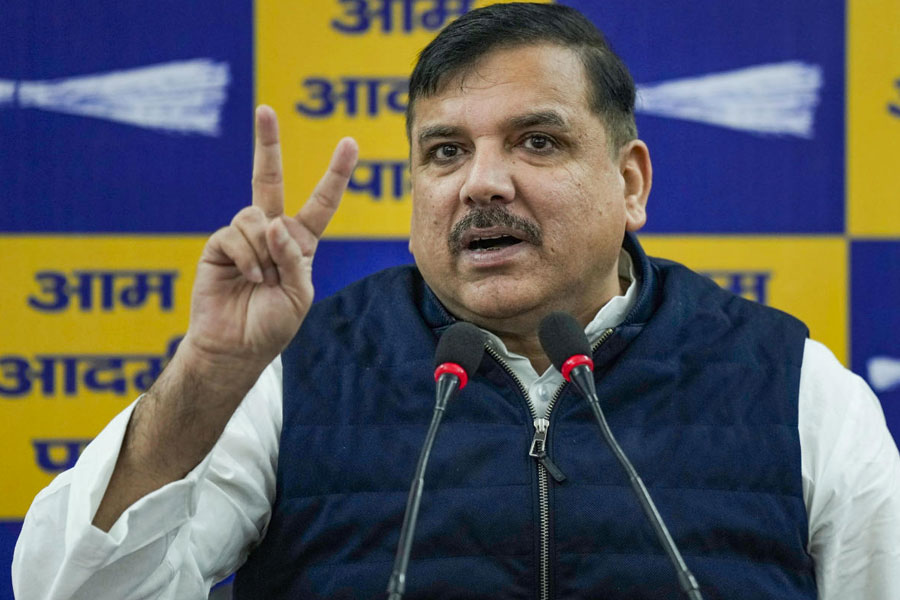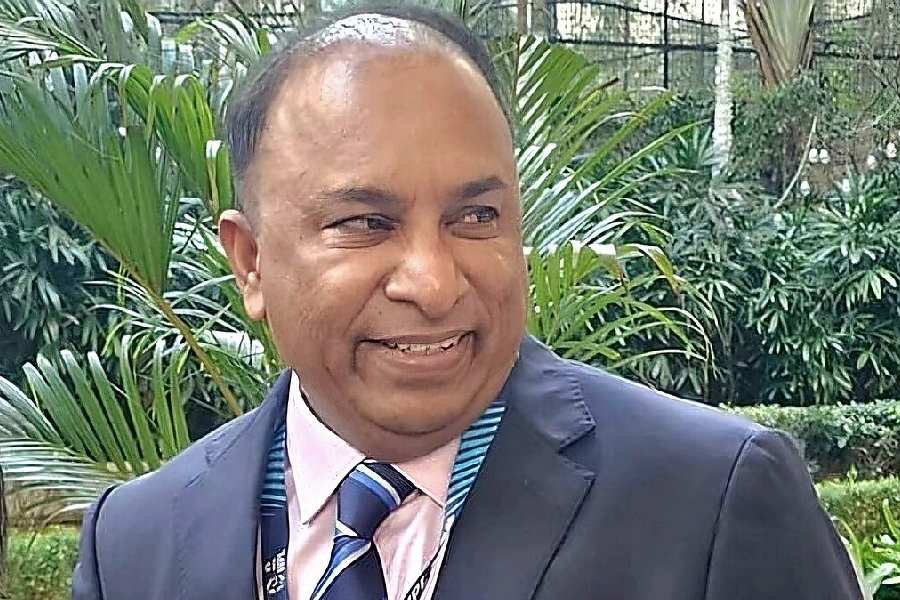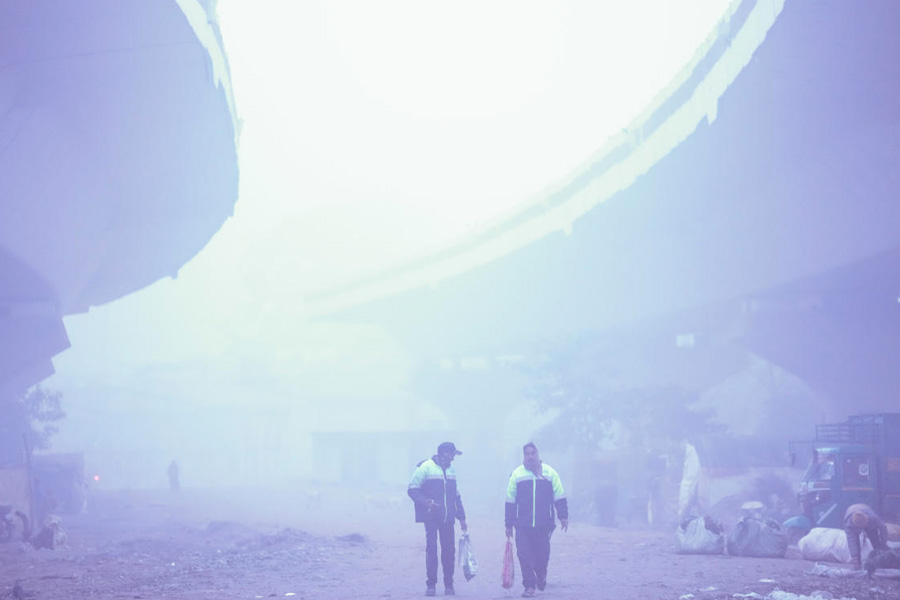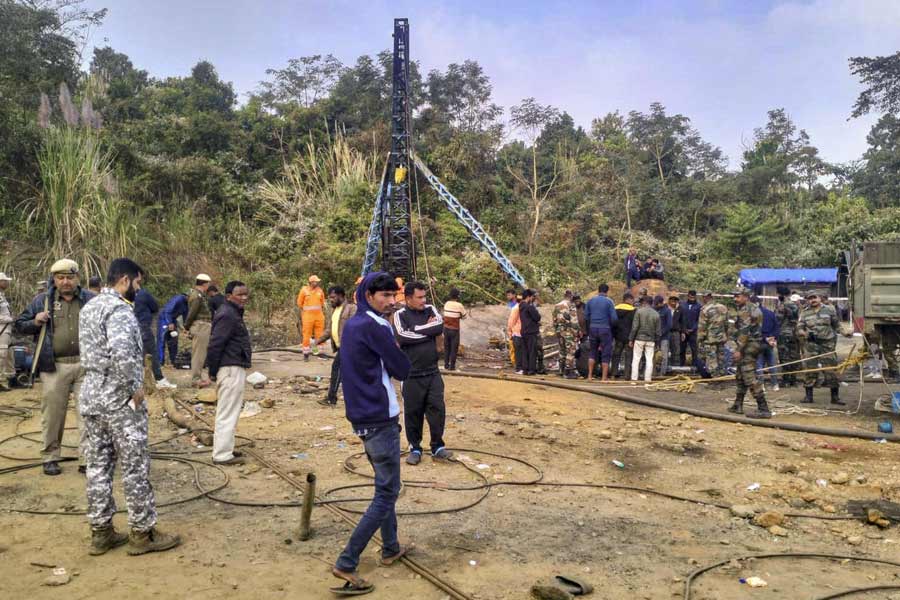U.N. agencies on Friday warned of a humanitarian catastrophe in Afghanistan as Taliban advances drive tens of thousands of people from their homes amid spreading hunger.
Insurgents have taken control of the second- and third-biggest cities as Western embassies prepared to send in troops to help evacuate staff, although the United Nations said its 320 staff members would remain.
"We fear the worst is yet to come and the larger tide of hunger is fast approaching... The situation has all the hallmarks of a humanitarian catastrophe," the World Food Programme's Thomson Phiri told a U.N. briefing.
More than 250,000 people have been forced from their homes since May, 80 percent of them women and children, the U.N. refugee agency's Shabia Mantoo said. Many reported extortion by armed groups on the way and having to dodge improvised explosive devices along major roads.
Thousands of people are rushing from rural areas to the capital Kabul and other urban centres in search of shelter, another U.N. official said.
"They are sleeping in the open, in parks and public spaces," Jens Laerke, spokesman of the U.N. Office for the Coordination of Humanitarian Affairs. "A major concern right now is simply finding shelter for them."
A World Health Organization official reported a doubling of trauma cases in the last two to three months in the health facilities it supports. She also expressed concerns about shortages of medical supplies and said it was training medical staff on mass casualty management.
UN meet to refuse forceful Afghan govt
Twelve nations, including the US, India and China, along with representatives of the UN and EU have decided that they would not recognise any government in Afghanistan that seeks to take control through the barrel of a gun, the State Department has said, amid the continued Taliban offensive across the war-torn country.
Representatives from the United States and Qatar, the UN, China, Uzbekistan, Pakistan, the UK, the EU, Germany, India, Norway, Tajikistan, Turkey and Turkmenistan joined a regional conclave on Thursday to discuss ways to contain the escalating security situation in Afghanistan.
The conclave was hosted by Qatar.
The participants "agreed, first and foremost, that the peace process needs to be accelerated. And they also agreed, importantly, that they will not recognise any government that is imposed through military force," State Department Spokesperson Ned Price told reporters on Thursday.
His remarks came as the Taliban advanced across Afghanistan and took control over key provincial capitals.
He said the consensus is on "this very simple point: any force that seeks to take control of Afghanistan with the barrel of a gun, through the barrel of a gun, will not be recognised, will not have legitimacy, will not accrue the international assistance that any such government would likely need to achieve any semblance of durability."

